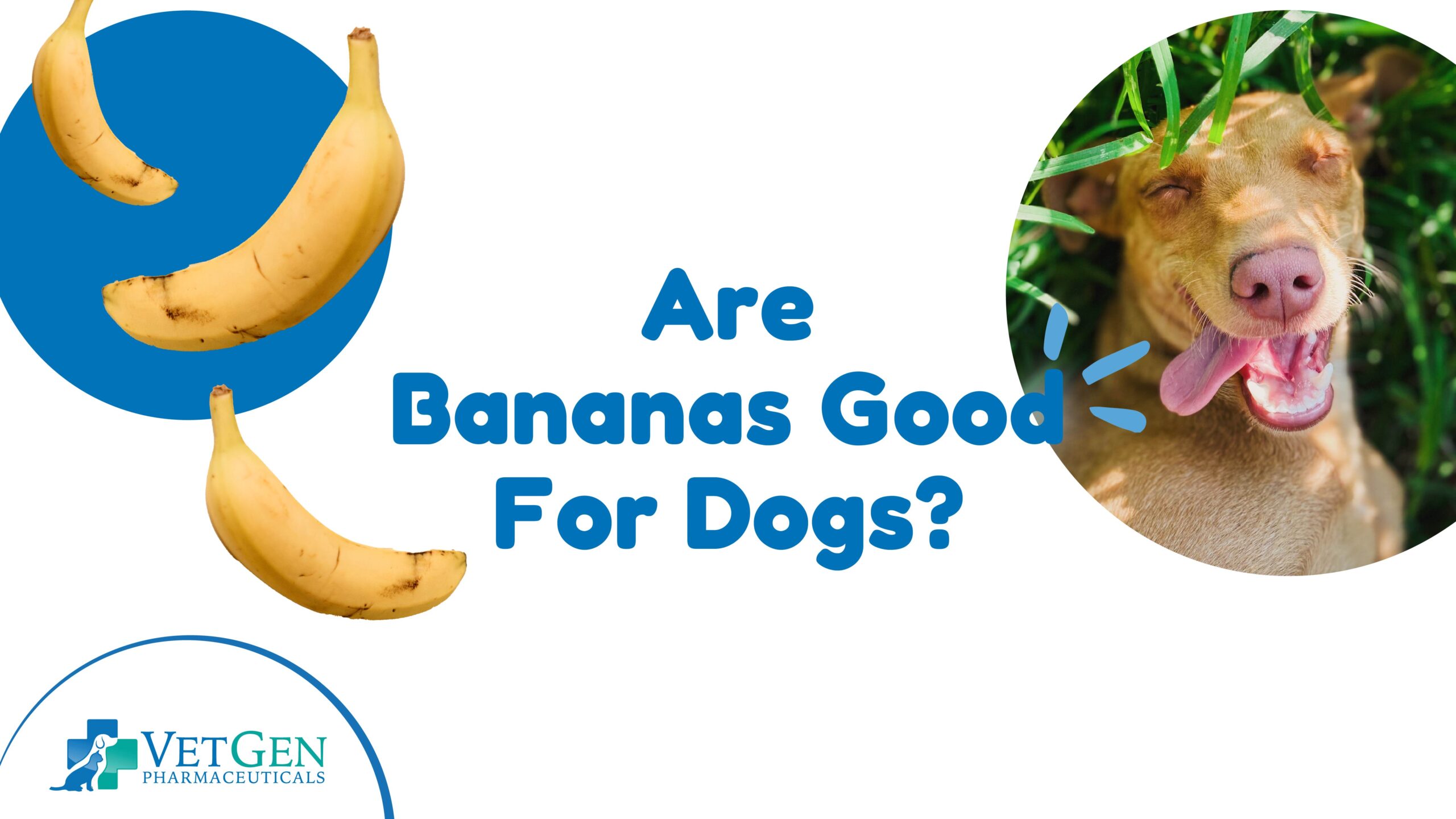Dogs require a well-balanced, complete diet in order to keep themselves healthy and active. Even humans are susceptible to illness if they don’t consume the necessary quantities of protein in their day-to-day lives. The same is true for dogs.
When it comes to keeping a dog’s digestive system healthy, proteins are a must. If their power-boosting foods, i.e., the proteins, are cut off from their regular diet, they’d easily fall sick and have very little strength to be their natural selves. Protein is one of the main staples in feeding every dog. In the following part of the article, we will outline 9 sources of protein that should be added to the food since it will have better digestion.
Why are proteins important for dogs?
Proteins, which are essentially a combination of various amino acids, play many roles in their body, including muscle maintenance, fur, nails, and skin. Since proteins are so important in making the critical components of the immune system and forming essential enzymes that catalyse chemical reactions in cells, you should always make sure you’re providing the appropriate amounts of protein in your dog’s diet. This way, the dog digestive system is also going to function properly.
Dogs are built to make some amino acids themselves. However, the other essential amino acids can only come from their everyday diet. Moreover, proteins can be an important source of energy for your dog. Dogs are going to use protein for energy when they eat more than what is required for their other activities.
rn, rice, oats or barley.
Instead, such diets usually employ other types of carbohydrates including potatoes, yams, green peas, lentils or beans. The concept of grain free diets is conceived from the fact that since dogs are the descendants of wolves, they are not in a position to digest grains.
Best sources of protein for your dog
Dog owners often think that there are big differences between specific sources of protein, but ultimately, the primary difference lies in the amino acid breakdown. Most dogs usually do just fine on almost any source of protein.
For dogs, the best sources of protein are usually meat-based. However, meat-based proteins are not all created in an equal manner. Diets formed by whole meat proteins may be of better quality than those that contain lots and lots of animal byproducts or meat meals.
Animal byproducts are typically what is leftover when the more desirable components are removed, and it becomes difficult to tell what’s in them exactly. Even within the same brand of dog food, the contents of these so-called animal byproducts can get altered, which means that the quality and spectrum of nutrients can change as well.
If your dog doesn’t have a particular food sensitivity, it is recommended by veterinarians that you rotate your dog through different sources of protein over time. This will provide them with a wider spectrum of amino acids and other essential nutrients, which may help your dog stay healthy over time.
9 best sources of protein for dogs
The top 9 sources of protein for dogs have been listed below:
1. Chicken
This one is definitely very easy to understand. Chickens are foods lean in calories, but are sources of proteins as well. Furthermore, chickens are a good source of Omega-3s for a dog with skin, fur and coat issues, as well as allergies and joint problems.
2. Eggs
Eggs are known to be high in not only proteins but also vitamins and fatty acids and have a high biological value when it comes to dogs. Eggs are a good source of Vitamin D, selenium, and riboflavin. However, its overconsumption can often lead to obesity, and nearly 4% of dogs are usually allergic to eggs.
3. Turkey
A 3 oz serving of well-cooked turkey breast contains about 25.6g of protein that can be extremely beneficial for dogs, and it’s very tasty at the same time. It is a form of lean protein that’s usually very well digested by dogs and is less likely to cause allergic reactions when compared to other protein sources.
4. Increased Energy
The few owners who suggested improvements in a grain-free diet saw an increase in energy in their dogs. Although, this could also be due to diet quality or their metabolism.






